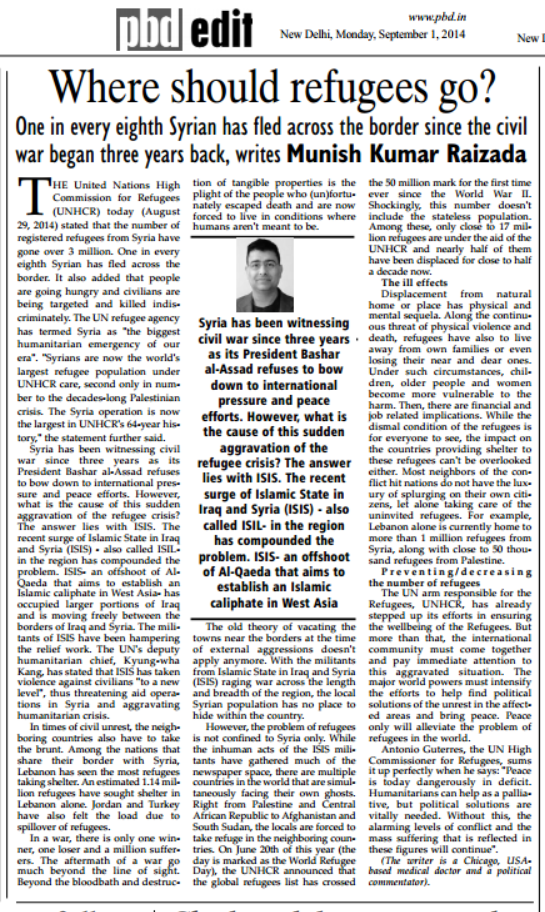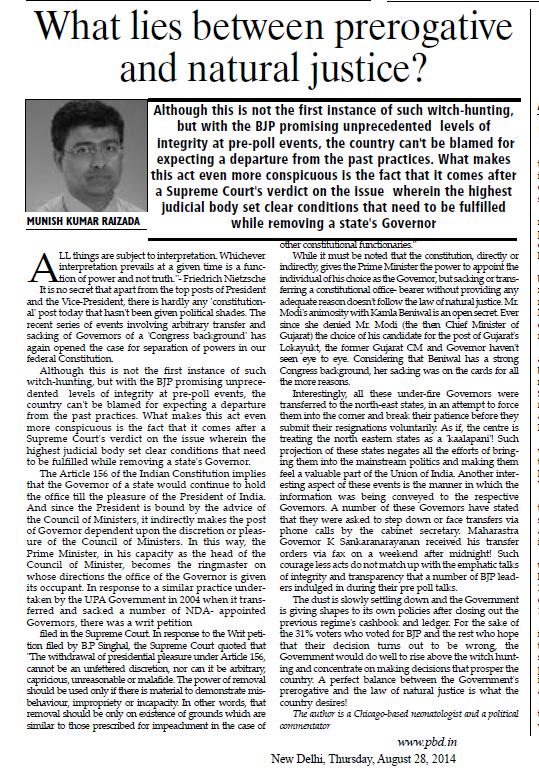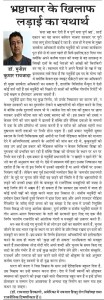Here we go again! BS Yeddyurappa – the enfant terrible of BJP- brings fresh episode of migraine for the Prime Minister Narendra Modi. Will Mr. Modi take a remedial action to get rid of this problem?
B Vinod, a Shimoga-based advocate, had filed a complaint against BJP National Vice President Mr. BS Yeddyurappa and his son and M.L.A. Mr. B Y Raghavendra accusing them of purchasing land through illegal means. These complaints were dismissed by the Shimoga Lokayukta Court on the grounds that a sanction from the Governor for prosecution prior to filing the complaint was not taken by the complainant. A criminal revision petition, challenging the court order was filed by Vinod in the High Court.
The charges made are as follows: Dhavalagiri Properties, owned by family members of Yeddyurappa, had purchased 69 acres near Hunasekatte village in Bhadravati taluk through benamidars and various provisions of Karnataka Land Reforms Act have been violated in purchasing the land. Yeddyurappa had also misused power in getting the land transferred to the name of the firm owned by his family members.
Today, Justice Anand Byrareddy has dismissed the Shimoga Lokayukta Court order which had dismissed complaints against Yeddyurappa and his son B Y Raghavendra accusing them of purchasing the land through illegal means. The Karnatka High court has ordered Lokayukta Police to initiate an inquiry into the matter.
Although corruption charges against Yeddyuruppa do not come as a surprise as he has a tainted history behind him. BUT now PM Modi‘s allegiance towards anti-corruption stand is at test. Will BJP choose the rhetorical reason that as the matter is sub judice, nothing can be explained? Or, Will the Prime Minister Mr. Modi sack Yedyurappa as BJP’s Vice President? Time will tell. But, sure enough, on the eve of Deepawali, Mr. Modi has a new set of dilemma (dharam-sankat): To act tough on corruption or let it be (once again)!



